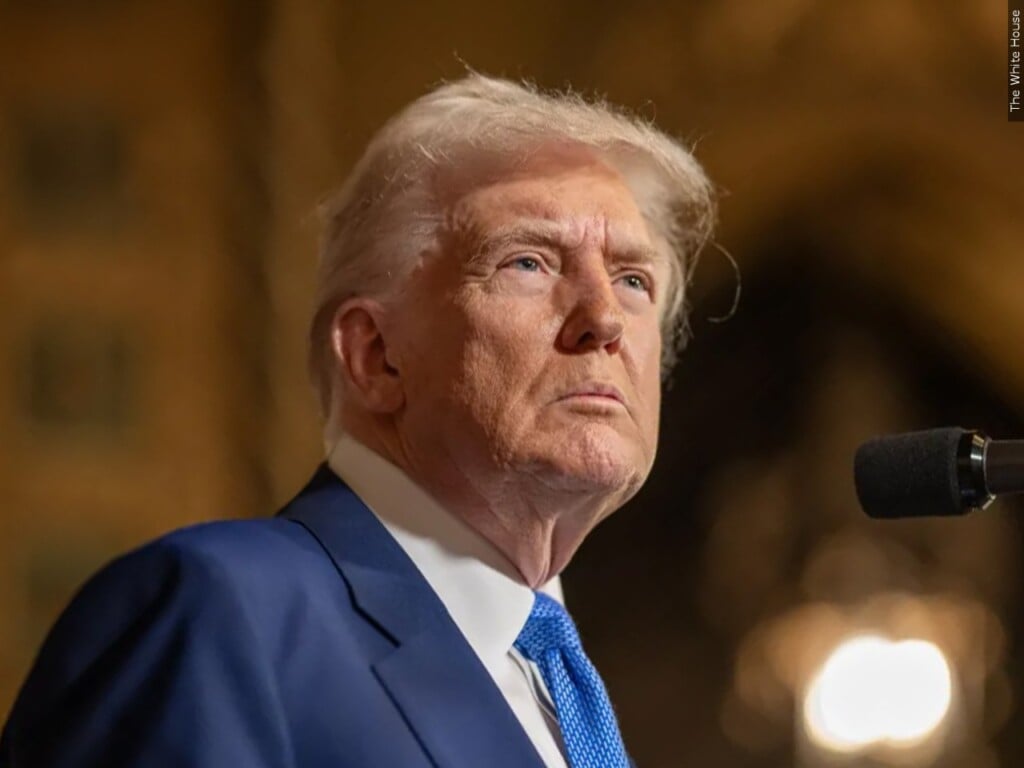U.S. stocks open higher after Christmas break
U.S. markets opened higher Wednesday after taking Christmas Day off and recuperating from the worst Christmas Eve selloff in memory. While stocks are still headed for their lousiest December since the Great Depression in 1931 — and their first annual loss in nearly a decade — Wednesday’s open brought early glints of relief as a new year approached.
The S&P 500-stock index rose nearly 1 percent in the opening moments of trading — the first advance for the index since Dec. 18 and the largest climb in more than three weeks, according to Bloomberg News. The Dow was up 0.5% as of 10 a.m. Eastern Time to 21,901.59 after briefly surpassing 22,000 after the 9:30 a.m. opening bell.
Asian markets were mostly lower after President Donald Trump said that there was “nothing new” on the partial government shutdown over a U.S.-Mexico border wall that started Saturday shows no signs of abating. “Nothing new. Nothing new on the shutdown. Nothing new. Except we need border security,” President Donald Trump told reporters gathered in the Oval Office on Christmas Day.
The White House said Mr. Trump will reject any deal that does not include funding for a wall or a fence. The Democrats have opposed this and are offering $1.3 billion for new security spending. The routines of 800,000 federal employees are expected to be disrupted by the shutdown, but essential services will keep running.
The president’s Christmas criticism of the U.S. central bank triggered a drop in Asian equities on Tuesday. “The only problem our economy has is the Fed,” the president said on Twitter on Monday. “They don’t have a feel for the Market, they don’t understand necessary Trade Wars or Strong Dollars or even Democrat Shutdowns over Borders.” Mr. Trump has since said that interest rate hikes were a “form of safety” for an economy that was doing well, while stressing that the Fed was raising rates too quickly.
Markets in Europe, Hong Kong and Australia were closed Wednesday for post-Christmas holidays. South Korea’s Kospi gave up 1.3 percent and the Shanghai Composite index shed 0.3 percent. Japan’s Nikkei 225 index, which plunged 5 percent on Tuesday, picked up 0.9 percent Wednesday. Shares fell in Taiwan, Singapore and Indonesia but rose in Thailand.
“The outsized moves are not reflective of the current U.S. economic landscape, but that seems to matter little so far as fear mongering continues to permeate every pocket of global capital markets,” analyst Stephen Innes of OANDA said in a market commentary.
Elsewhere, U.S. home price growth slowed in October, a likely consequence of higher mortgage rates having worsened affordability and causing sales to fall.
The S&P CoreLogic Case-Shiller 20-city home price index rose 5 percent from a year earlier, down from an annual gain of 5.2 percent in September. That’s down from a 5.5 percent yearly gain in the previous month.
Home prices have dropped as would-be buyers are struggling to afford homes. Prices have consistently climbed faster than wages, a challenge that was overcome until last year by historically low mortgage rates. But borrowing costs began to rise last year after President Donald Trump cut taxes by increasing the budget deficit and the Federal Reserve hiked interest rates.





Leave a Reply